Legislation of Note
As the Georgia Chamber staff wraps up our work in the 2017 legislative session of the Georgia General Assembly, here are a few bills that we’re watching in hopes they will be signed into law by Governor Deal. Be sure to view our legislative Scorecard to stay up to date on how your elected officials voted on legislation affecting Georgia businesses.
House Bill 245 by Representative Al Williams (D – Midway)
House Bill 245 requires professional licensing boards and other boards to adopt rules and regulations that allow military spouses and transitioning service members to qualify for certain licenses. This legislation will assist in Georgia’s compliance with the Base Realignment and Closure Committee (BRACC) and help better serve our state’s military families, personnel, and institutions.
House Bill 243 by Representative Bill Werkheiser (R – Glennville)
HB 243 expands the list of locally preempted employee benefits to include scheduled pay. HB 243 is a response to a national push to require employers to pay an employee for work they have not performed due to a last-minute change in schedule.
Local scheduled pay ordinances would also place undue burden on Georgia businesses by requiring them to operate under inconsistent and varying regulations. By preempting scheduled pay, HB 243 maintains that labor policies are best dealt with at the state level, rather than on a case-by-case basis depending on the locality.
House Bill 73 by Representative Penny Houston (R – Nashville)
HB 73 will help incentivize economic growth and investment in some of Georgia’s most economically disadvantaged rural areas. This legislation is an important piece in a larger conversation surrounding the opportunities for economic growth in rural communities throughout Georgia. HB 73 creates innovative tax incentives, tied to sustainable and responsible job creation, to encourage the revitalization of downtown centers across rural Georgia.
House Bill 155 by Representative Amy Carter (R – Valdosta)
HB 155, known as the Georgia Music Investment Act, will provide greater opportunity to Georgia’s growing music and entertainment industry. Recognizing the success of Georgia’s current film credit, and the continued opportunities for growth in music and entertainment, the Georgia Chamber supports expanding credits to further develop our state’s creative economy.
HB 155 allows a 15% credit for qualified music productions that begin their tours in Georgia and also adds additional incentives for those occurring in rural areas of the state. The Chamber supports policies that create and encourage job growth in all aspects of our creative economy: film, digital—and through the policies advanced in HB 155—recording projects, live productions and music scoring.
Follow the Georgia Chamber on social media, subscribe to the Chamber Connection, and view all previous 2017 GBAN Legislative Updates, for more information on legislation impacting you and your business.

